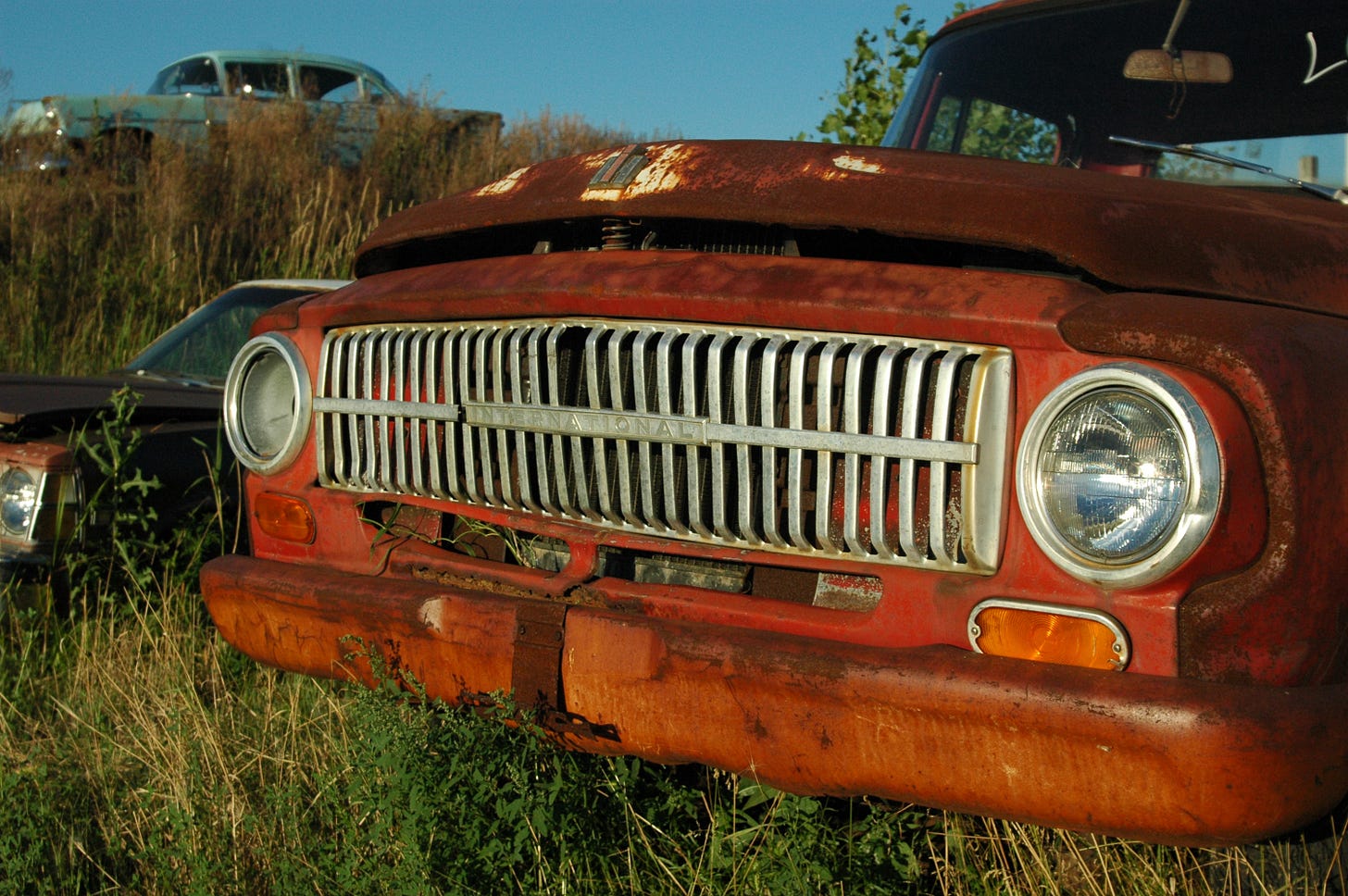Welcome to “Simple Finances,” a series of Tuesday essays about exactly that - simplifying your money. This is a paid subscriber-only essay. If you want in on the fun, subscribe here with a 7-day trial, free e-book, essays, and weekly waste-reducing recipes all for $5 a month / $50 a year. That’s just $0.32 - $0.38 per essay (and it could save you a damn sight more than that) ⬇

A few weeks ago I watched a friend (and globally renowned remote work expert) deliver a keynote at a digital nomad conference. Thus far, the event had focused on “how can we promote our country to attract digital nomads?” My friend had a different take.
She stood on that stage, looked one of the country’s ministers right in the eye, and slowly and clearly asked a single question.
If you haven’t even got good wifi, how the hell do you expect a single digital nomad to work from here?
As a digital nomad, if there is no wifi, there is no possibility of working. If there is no possibility of working, we won’t come to a country - and we certainly won’t stay.
As my friend said - you’ve gotta walk before you can run. Get those basics in order before you do anything else because otherwise, you’re dead in the water.
Basics are too often overlooked and yet they make the single biggest difference to pretty much anything in life, finances being no exception. We can try different budgeting tricks, we can cut out a coffee here or there, but if we’ve not taken care of the basics, it’s going to make next to no difference.
As I prepared for today's essay, I worried that this advice is too obvious - you may know it all already. But I want to repeat what many financial giants have said before me because the evidence would suggest that even if people know the basics, they’re not implementing them.
So if you implement them, your finances will be heads and shoulders above the rest.
Keep reading with a 7-day free trial
Subscribe to This much I know to keep reading this post and get 7 days of free access to the full post archives.




